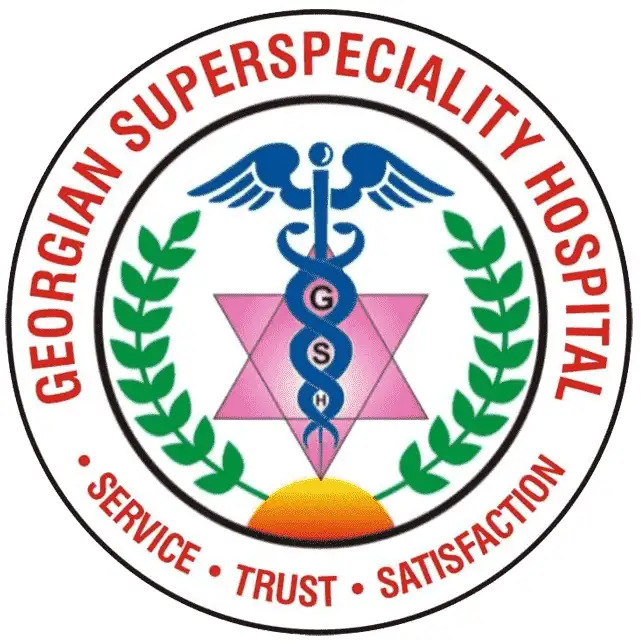Cancer
Cancer is a broad term that refers to a group of diseases characterized by the uncontrolled growth and spread of abnormal cells in the body. It is a complex and multifaceted condition that can affect any part of the body.
Causes of Cancer:
Cancer can be caused by various factors, including genetic mutations, exposure to carcinogens (such as tobacco smoke, certain chemicals, and radiation), certain infections (such as human papillomavirus and hepatitis viruses), unhealthy lifestyle choices (such as poor diet, lack of physical activity, and excessive alcohol consumption), and family history of the disease.
Types of Cancer:
There are many different types of cancer, each classified based on the affected cells or tissues. Some common types include breast, lung, prostate, kidney, Esophageal, colorectal , skin (such as melanoma), and leukemia.
Symptoms:
The signs and symptoms of cancer vary depending on the type and stage of the disease. Common symptoms can include persistent fatigue, unexplained weight loss, pain, changes in the skin, abnormal bleeding, persistent cough or hoarseness, and lumps or growths. However, it’s important to note that these symptoms can also be caused by conditions.
Diagnosis:
Diagnosed through various methods, including physical examinations, medical history assessment, imaging tests (such as X-rays, CT scans, and MRI scans), laboratory tests (such as blood tests and biopsies), and molecular testing (such as genetic testing).
Chemotherapy, often referred to as chemo, is a common treatment method used in cancer care. It involves the use of powerful medications to kill or slow down the growth of cancer cells in the body. Chemotherapy drugs can be administered orally (in the form of pills or capsules) or intravenously (through a vein) depending on the specific treatment plan.
Treatment:
The treatment options depend on factors such as the type and stage of cancer, as well as the individual’s overall health. Common treatment modalities include surgery, chemotherapy, radiation therapy, immunotherapy, targeted therapy, hormone therapy, and stem cell transplantation. Treatment plans are often personalized to meet the specific needs of each patient.
Prevention:
While it’s not always possible to prevent cancer, certain lifestyle choices can reduce the risk. These include maintaining a healthy weight, engaging in regular physical activity, eating a balanced diet rich in fruits and vegetables, avoiding tobacco products, limiting alcohol consumption, protecting oneself from excessive sun exposure, and getting vaccinated against cancer-causing infections when available.
Palliative :
Palliative care focuses on providing relief from the symptoms, pain, and stress associated with cancer. It aims to improve the quality of life for patients and their families through various supportive measures, such as pain management, psychological support, and addressing other physical and emotional needs. Palliative care can be utilized alongside curative treatments or as the primary approach for patients with advanced or incurable
Targeted therapies :
Targeted therapies and precision medicine have revolutionized cancer treatment in recent years. Traditional treatments like chemotherapy and radiation therapy are often non-specific, affecting both cells. In contrast, targeted therapies aim to selectively attack cancer cells by targeting specific molecules or pathways that are crucial for the growth and survival of cancer cells.
Personalized Medicine:
Recognizing that each patient’s cancer is unique, personalized medicine plays a crucial role in developing effective treatments. This involves analyzing the genetic makeup of the tumor to identify specific mutations or biomarkers that can be targeted with precision therapies. Georgian Superspeciality Hospital
Follow Us – Instagram
